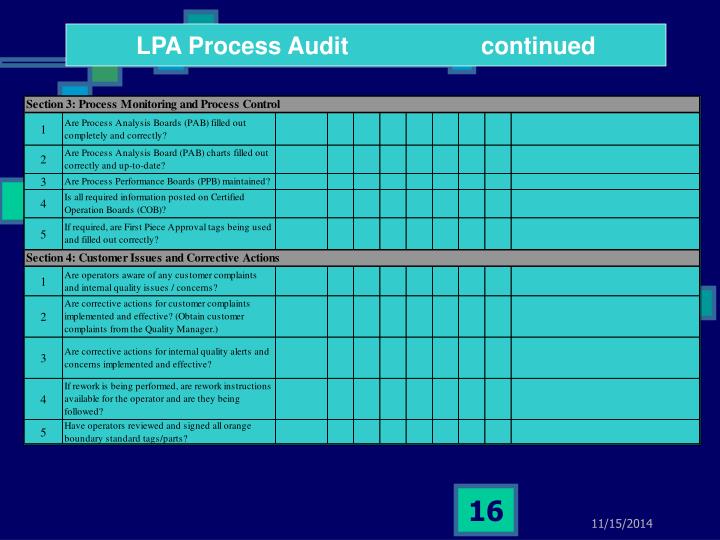
The operator was following the inspection plan and using the assigned gauges for the inspection. The process was audited and found that the parts were being produced out of spec. The parts were not properly snapping together to form an even surface or would not lock in place. The customers reported non-compliant materials received at their facilities sites. A good example of this was a major manufacturing company which began receiving calls from several of their customers. Good reliable data can prevent wasted time, labor and scrap in a manufacturing process. The sum of these two values represents the total variation in a measurement system.Īn effective MSA process can help assure that the data being collected is accurate and the system of collecting the data is appropriate to the process. Most MSA activities examine two primary sources of variation: the parts and the measurement of those parts. Evaluation of a measurement system should include the use of specific quality tools to identify the most likely source of variation.

Environmental factors – temperature, humidity, etc.Īll of these possible sources of variation should be considered during MSA.Items to be measured – the part or material samples measured, the sampling plan, etc.Tools/Equipment – gauges, fixtures, test equipment used, and their associated calibration systems.

Personnel – the operators, their skill level, training, etc.The sources of variation in a measurement process can include the following: It can also include a collection of gauges, fixtures, software and personnel required to validate a particular unit of measure, or make an assessment of the feature or characteristic being measured. A measurement system has been described as a system of related measures that enables the quantification of particular characteristics.

What is a Measurement System?īefore we dive further into MSA, we should review the definition of a measurement system and some of the common sources of variation. That is the entire purpose of clause 7.1.5.1.1 Measurement system analysis in IATF 16949. A properly planned and executed Measurement System Analysis (MSA) can help build a strong foundation for any data-based decision-making process. If there are errors in your measurement system, you will be making decisions based on incorrect data or producing non-conforming parts. When this measurement data is being used to make decisions regarding the process and the business in general, it is vital that the data is accurate. Today, manufacturing companies gather massive amounts of information through measurement and inspection.


 0 kommentar(er)
0 kommentar(er)
